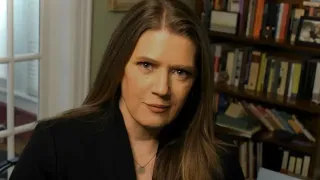July 11, 2015
Critics Say Senate Bill Would Weaken Rental Car, Rail Safety
Kilian Melloy READ TIME: 1 MIN.
Safety advocates say that a Senate transportation bill would allow car rental companies to rent recalled vehicles that haven't been repaired.
The bill, introduced Thursday by Republican Sen. John Thune of South Dakota, requires companies to tell consumers about recall notices in writing if they don't intend to fix the cars first.
Safety advocates say that's not enough. They've been urging Congress to prohibit rental car companies, auto dealers and others from renting vehicles that have not been repaired.
The Senate bill also eliminates any hard deadline for railroads to start using long-sought technology that automatically stops trains to prevent crashes. A spokesman for the Senate commerce committee, which Thune chairs, defends the bill, saying the provisions improve safety by requiring each railroad to set milestones and completion dates.






